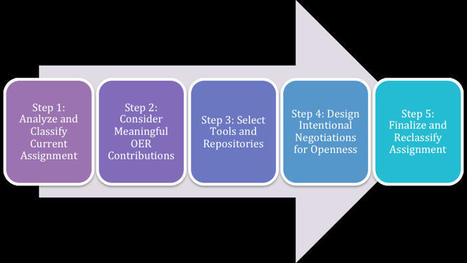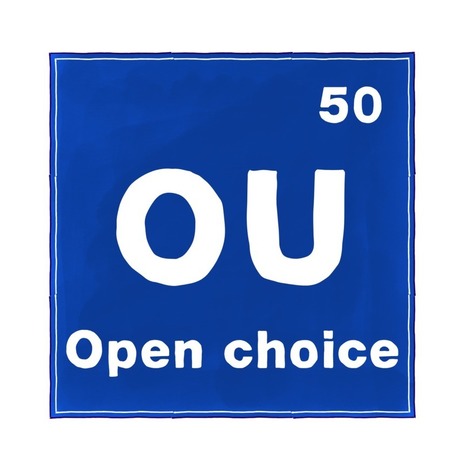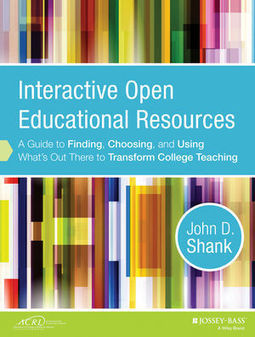"The big test for online learning starts now. Given the remote experience almost everyone had during COVID-19 lockdowns, will online learning become more widespread? Or will instructors and students return to the classroom this fall and put that whole “online thing” behind them? We will soon find out. Not everyone liked the experience of learning online as a whole, although ..."
Via Leona Ungerer



 Your new post is loading...
Your new post is loading...

















